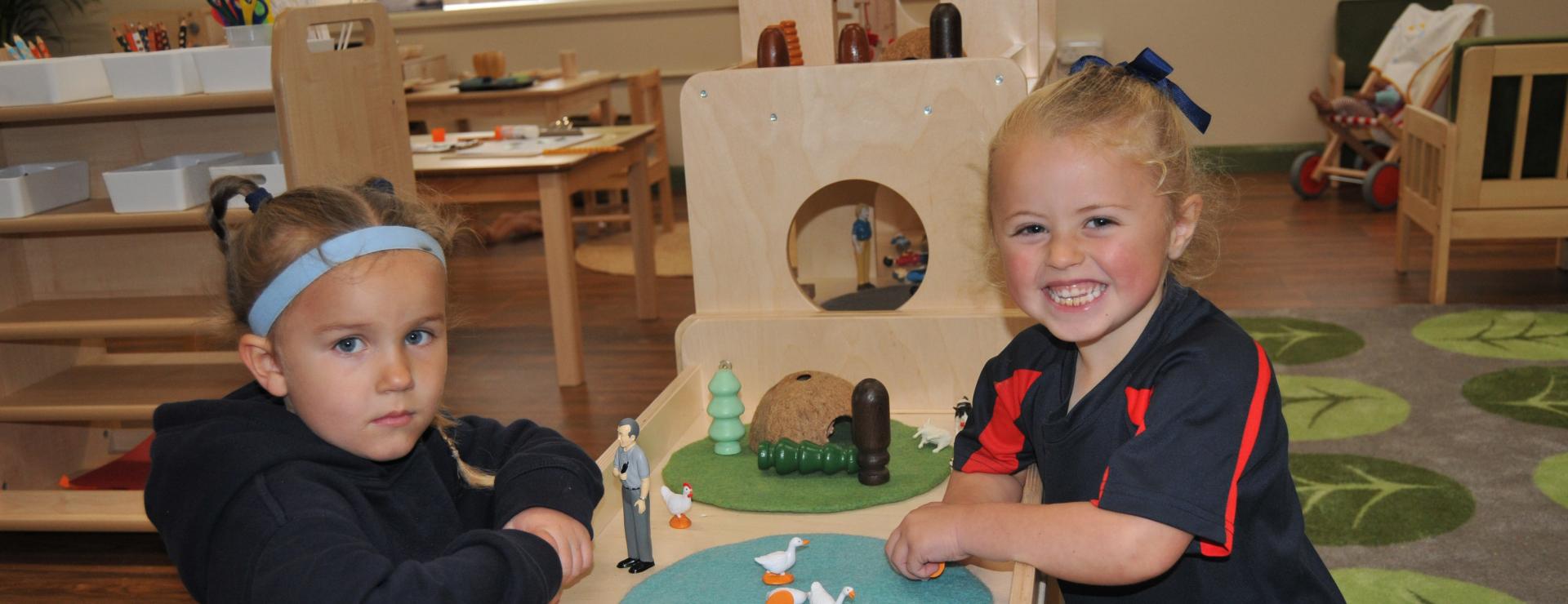Religious Education
“The essence of all religions is one. Only their approaches are different.”
Mahatma Gandi
Why do we teach RE?
At Mossgate Primary School, we believe that it is vital for all of our pupils to learn about and from different religions, so that they can understand and respect the diverse world around them. This we believe is evident in the prominence of SMSC within our curriculum, our school values and their links to British Values, and also in our mission and vision statements.
In our mission, with our six core values in red, we state that we want our children to develop:
- ‘As honest, courteous and kind friends who respect and value difference and have the courage to challenge discrimination.
- As active and responsible and respectful citizens who have a positive impact within their school, community and wider world.’
And in our vision, we want our children to:
- ‘Have the confidence to challenge ideas and opinions respectfully.
- Respect difference and challenge discrimination within a caring an inclusive environment.
- Value themselves as individuals and nurture their skills and talents.’
The development of RE also features in our Equality Statement and Action Plan – see ‘Information’ on our website.
Through our RE curriculum, we want our children to develop as theologians who:
- Are equipped with the knowledge and understanding to engage in respectful dialogue so that they can participate positively in our society as global citizens.
- Develop positive attitudes and values and to reflect and relate their learning in RE to their own experiences.
- Have the opportunity to learn that there are those who do not hold religious beliefs and have their own philosophical perspectives.
- Ask challenging questions about the meaning and purpose of life, beliefs, self, issues of right and wrong, and what it means to be human.
- Explore their own beliefs, whether they are religious or non-religious, in the light of what they learn, as they examine issues of religious belief and faith and how these impact on personal, institutional and social ethics; and to express their responses. This will also build resilience to anti-democratic or extremist narratives.
- Build their sense of identity and belonging, which helps them flourish within their communities and as citizens in a diverse society.
- Develop respect for others, including people with different faiths and beliefs, and helps to challenge prejudice.
- Consider their responsibilities to themselves and to others, and to explore how they might contribute to their communities and to wider society and in so doing, encourage empathy, generosity and compassion.
How do we teach RE?
We engage our pupils in an enquiry approach where they ask questions about the world and reflect on their own beliefs, values and experiences. Our curriculum allows children to develop knowledge and understanding of the three main faiths (Christianity, Hinduism and Islam) and encounter the faiths of Judaism, Sikhism, Buddhism and non-religious worldviews. We also plan opportunities for them to express ideas on the spiritual, social, moral, and cultural impact RE has upon their own lives and the lives of others.
Our RE curriculum is high quality, well thought out and is planned to ensure a clear sequence and progression of knowledge, skills and understanding. Pupils progress in RE with regard to the exploration of shared human experience, beliefs and values, living religious traditions and the search for personal meaning – see Key Learning. They gain a deeper understanding of the religions studied through the use of high-quality texts, handling artefacts and responding to images and videos. Planning clearly identifies expectations and opportunities to assess pupils’ progress and report on end of key stage expectations.
A cyclical format to RE enables pupils to revisit and build on their prior knowledge of the different beliefs and practices taught across the school. We are committed to providing our children with an exciting and positive learning environment to develop their knowledge and understanding of religions while contributing to their spiritual, moral social and cultural development.
Our RE curriculum is enhanced further with our involvement in the Burnley Building Bridges project which enables us to visit a Hindu mandir and Muslim mosque and well as welcome into school different visitors from local religious communities. We have also developed strong links St Peters Church in our locality which a number of classes visit to support their learning in RE.
The children at Mossgate enjoy learning about other religions. They have a high level of engagement in RE and a desire to deepen their understating through enquiry and reflection. Children are engaged with their learning through the use of key questions as ‘hooks’ for each unit, accompanied by well-planned focus questions. Using a rich religious vocabulary, children become reflective learners, making their own connections and drawing conclusions through an effective enquiry model.
Following recent pupil voice, children responded to the following questions:
|
What do you learn about in RE?
“Different religions such as Christianity, Islam and Hinduism” Year 3 pupil
“In RE I learn about God and that some other religions have a God and others have many Gods” Year 5 pupil
“We learn about what people do in religions, how different religions work and what they are.” Year 6 pupil
|
What do you learn about other people’s beliefs in RE?
“How similar and different they are to other religions” Year 5 pupil
“In RE, I learn about different peoples’ beliefs. I learned that Muslims help the poor by giving Zakah and everyone in school gives money and food to charities.” Year 3 pupil |
Parents have the right to withdraw their child from RE and the daily act of worship. Anyone wishing to exercise this right should consult the Headteacher.
Mrs Taylor – RE Subject Leader
Updated 29.11.22
|
|
